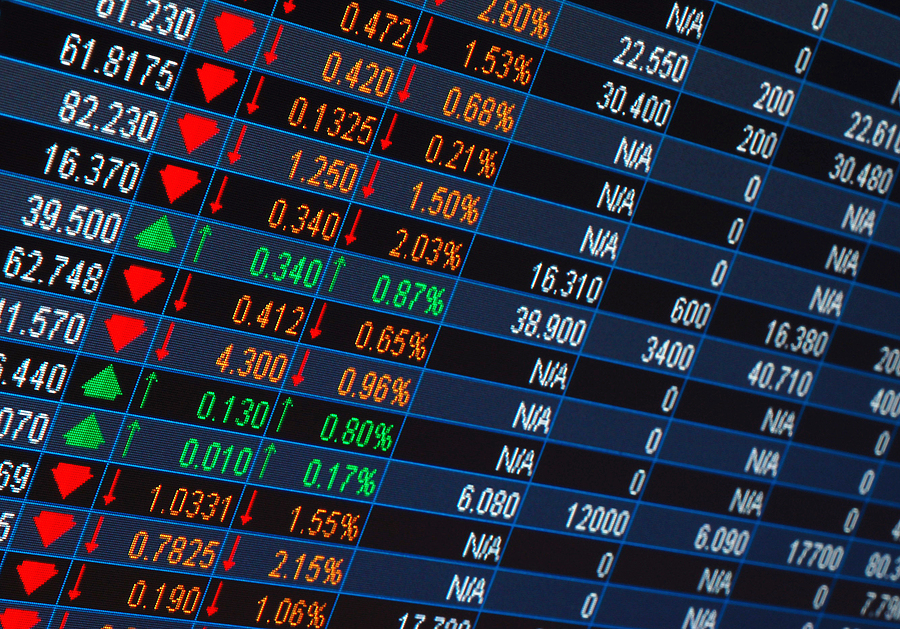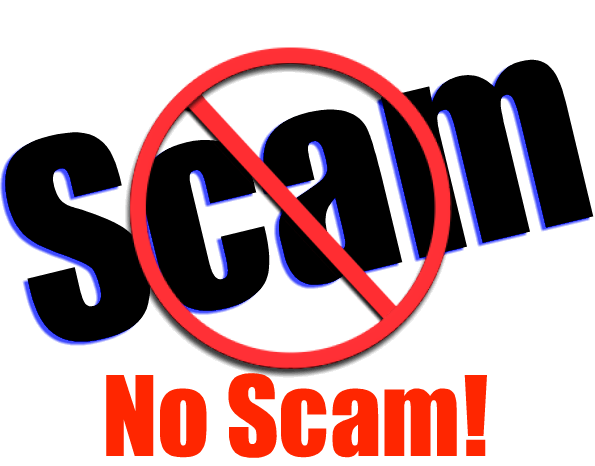Knowledge is the most powerful thing that any investor or trader can have. The more you understand your marketplace, and how people are buying and selling in that landscape, the easier it is to make the right decisions. Unfortunately, a lot of beginners make the mistake of trying to run before they can walk. They assume that they’ll learn as they go. Although it’s true that nothing is more effective than experience for strengthening your skills in things like stocks and forex, that doesn’t mean you should be jumping in blind. Starting with the right education will reduce your risk of making dangerous and expensive mistakes. So, where do you get your education?
Looking for Learning Opportunities
The good news for today’s trading enthusiasts, is that there are a lot of ways to start learning if you know where to look. The key is to make sur that you do your research before signing up for anything that promises to make you an expert overnight. Remember that many of the millionaires that you’ve heard of in the stock market didn’t actually follow some get-rich-quick scheme. There are plenty of online courses that promise the world but don’t actually teach you anything.
Then there are environments where you can actually go and connect with a community of like-minded people. Reading up on reviews from real individuals in the same situation as you will help you to make a better decision. Aside from looking into online learning, you can also look for other ways to increase your knowledge. For instance, many people who want to learn about complex topics like swing trading or day trading start by signing up with a mentor they trust. These mentors then offer one-on-one guidance and advice during the initial months of a person building their investment portfolio.
Expanding Your Horizons
Mentors are great – but they’re sometimes difficult to find. That’s why you might decide to invest a little extra cash into getting an advisor on hand to look at your risk levels with you, and help you make the right decisions. Remember, the quicker you can reduce your reliance on these professionals, the less money you’ll be putting into your future, and the more you’ll get back in profit. While you’re getting professional guidance, don’t be afraid to dedicate every spare hour or minute you have to learning in a variety of different locations. You can read books by some of the best-known industry experts in the world. You can spend your time reading through reports provided by your brokerage account or listen to CDs and podcasts by market leaders.
Once you’re starting to feel a little more confident in your skills and your education, you can begin to put your knowledge to the test in the safest possible way. Paper and demo trading accounts ensure that you can experiment with your strategy without putting any real money on the line. These accounts should be your final port of call after you’ve done plenty of market research – to determine whether you’re ready. However, you can always come back to these profiles in the future whenever you decide to change your strategy.
Image Source: BigStock.com (Licensed)
Site Disclaimer
The Content in this post and on this site is for informational and entertainment purposes only. You should not construe any such information or other material as legal, tax, investment, financial, or other advice. Nothing contained on our Site constitutes a solicitation, recommendation, endorsement, or offer by HII or any third party service provider to buy or sell any securities or other financial instruments.
Nothing in this post or on this site constitutes professional and/or financial advice. You alone assume the sole responsibility of evaluating the merits and risks associated with the use of any information or other content in this post or on this site.
You recognize that when making investments, an investor may get back less than the amount invested. Information on past performance, where given, is not necessarily a guide to future performance.
Related Categories: Invest, Education, Reviews







